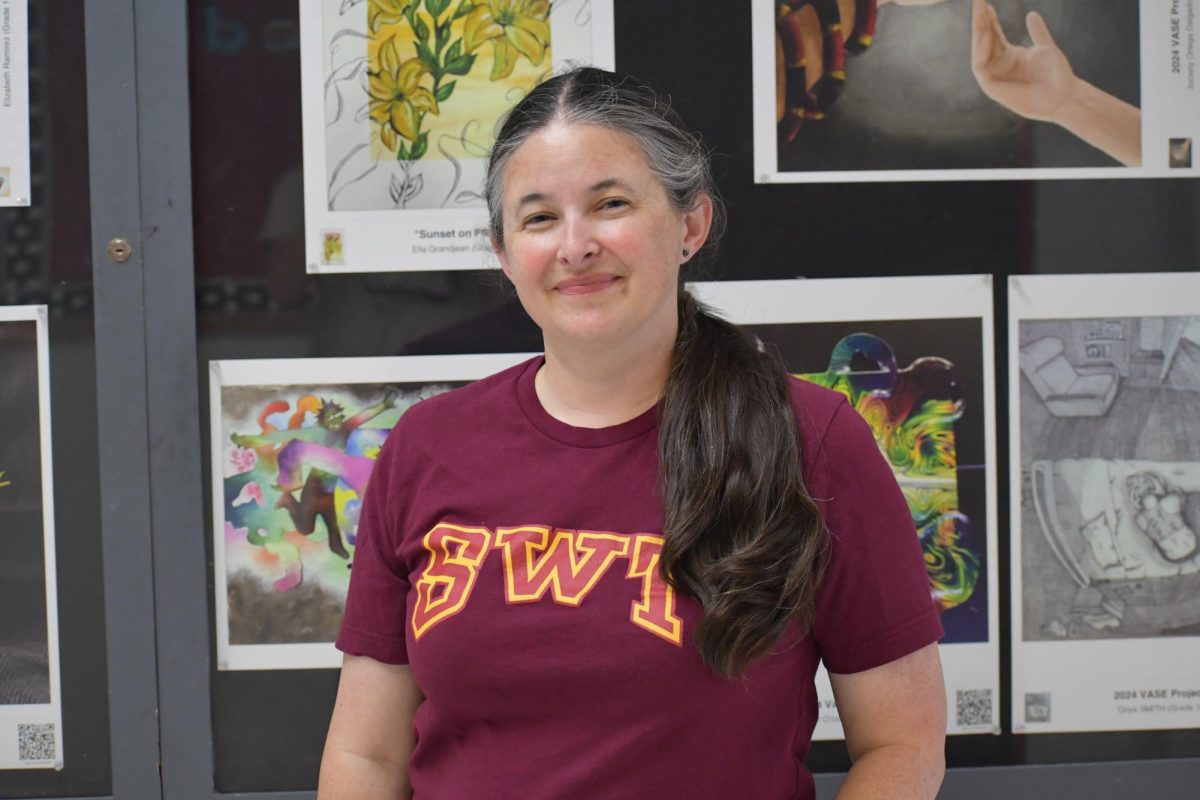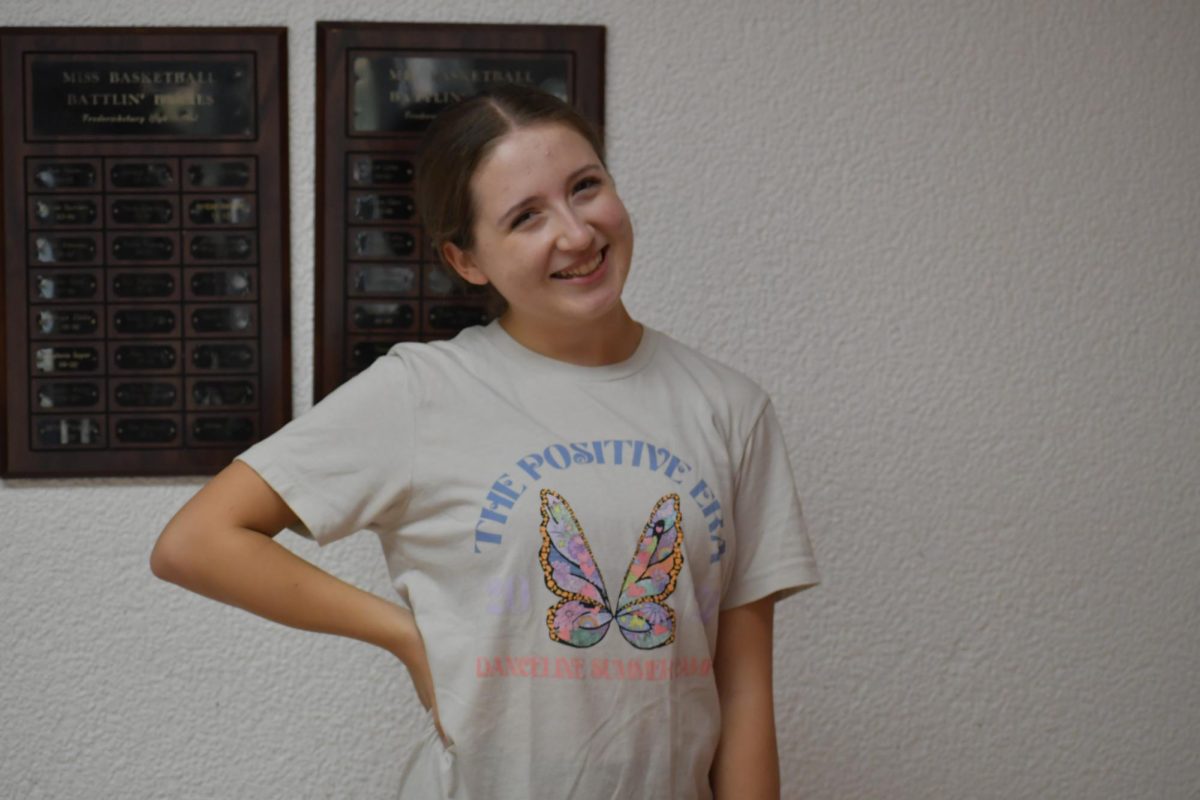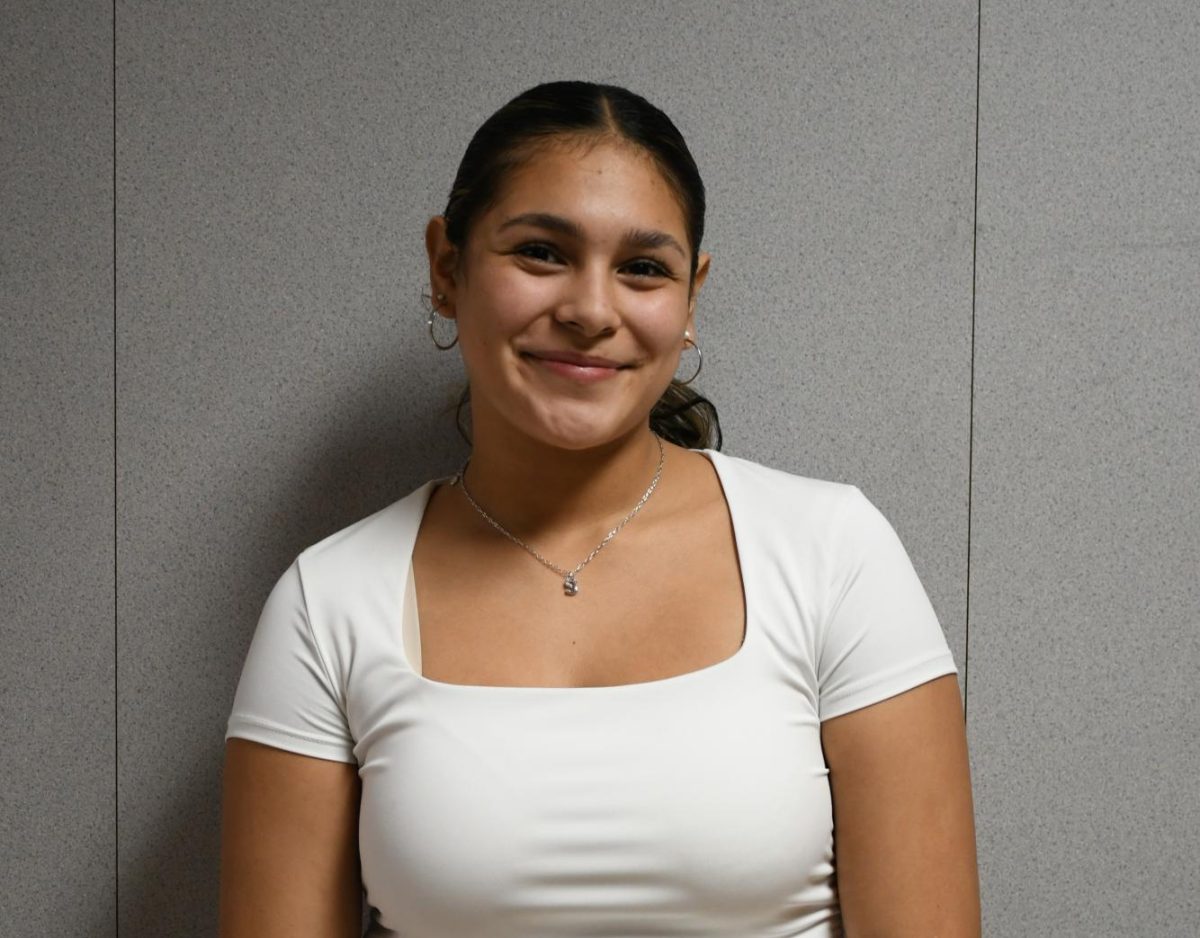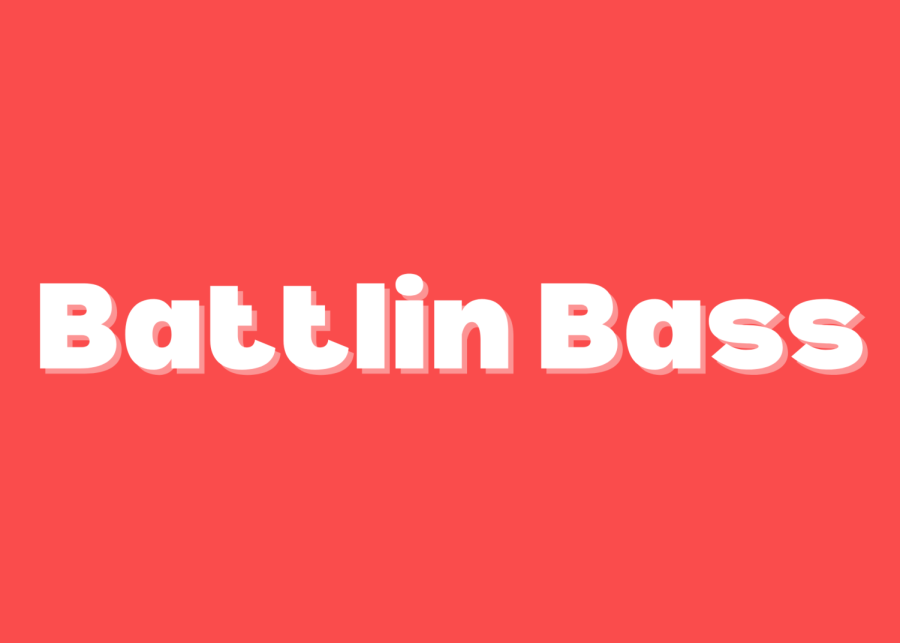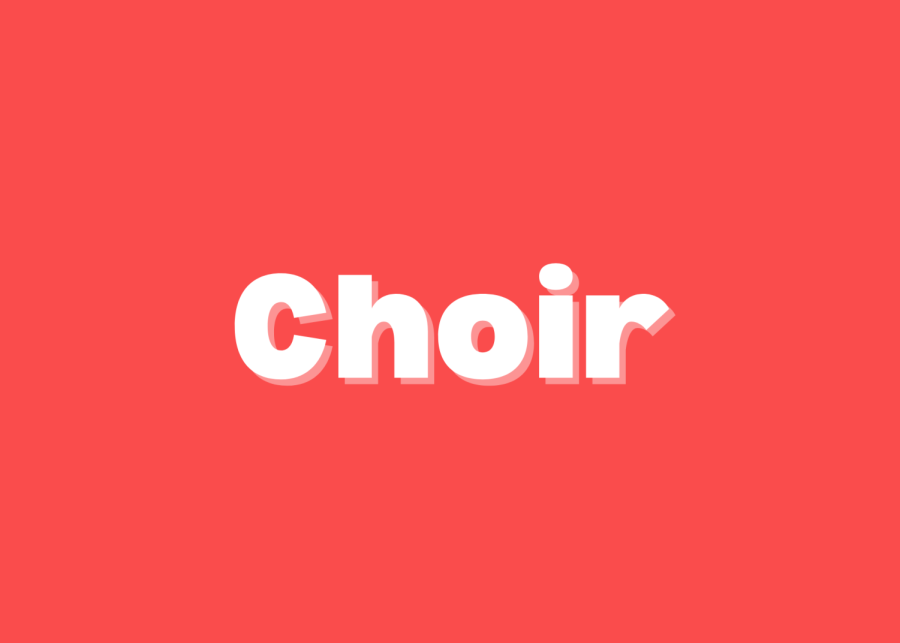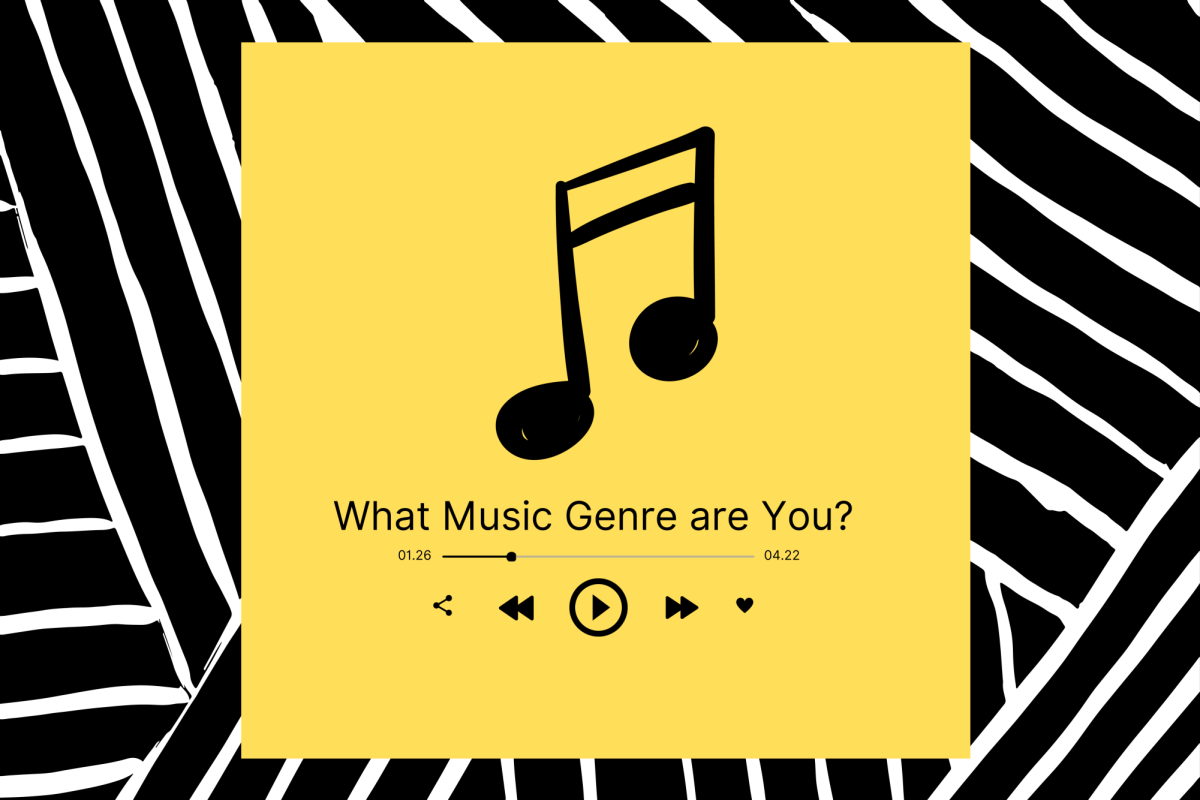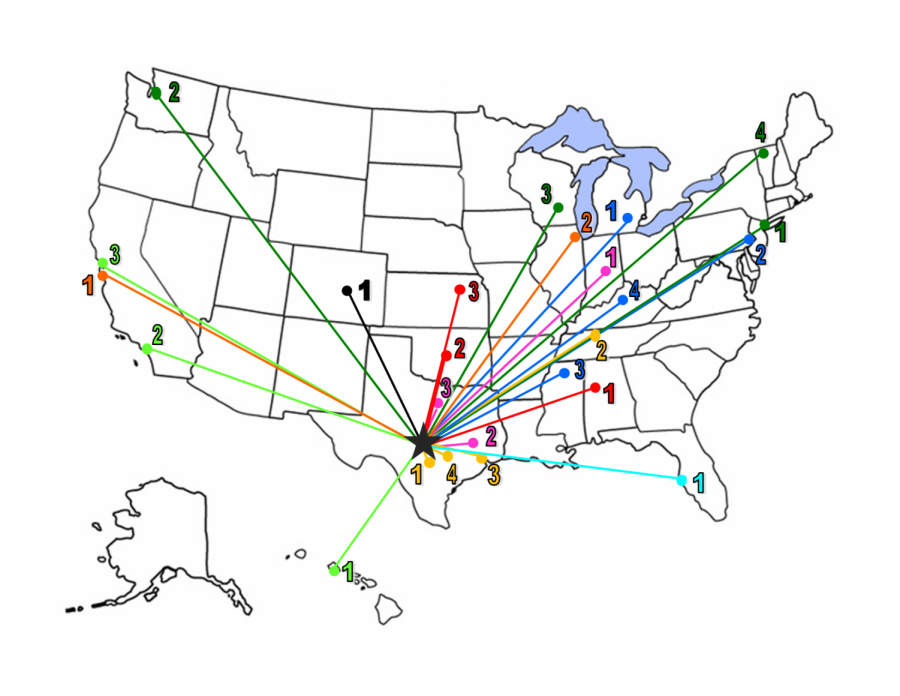College Bound
December 1, 2020
The joys of senior year are long-anticipated for: top of the food chain, all easy classes, being 18 and last year of school before “freedom.” The year of high school everyone sees on television, hears stories about and desperately waits for comes with one not so long-awaited-for task that is college applications. For the most part, the college application process is pretty universal with writing essays, coming up with clever short answer responses, and digging up old family history and report cards. Also, during application season comes the thoughts of the future all seniors are met with, but this year has come with a few changes.
COVID-19 swept the globe and hit the United States hard causing the whole country to shut down and halting school for two and a half months right during testing season. Colleges and universities, for the first time, were forced to face the fact that thousands of future applicants had not and will not be able to take the SAT and ACT. The two tests that high schoolers prepare and study for two years that are solely meant for college applications suddenly were proven to be useless as colleges now (for the class of 2025 applicants, at least) are test-optional.
Depending on the student, not being required to send in test scores could be a good thing or a bad thing. If a student had lower scores that did not accurately represent the student, he/she now no longer has to worry if a college would waitlist or decline their application. If a student was able to take the SAT or ACT, he/she can send in their scores to colleges. Those students could have a leg-up compared to other applicants who do not send in a score. And the obvious, not having to take these standardized tests. But what does this mean for colleges and universities? Admission officers have to look at applicants’ grades and classes throughout their high school career more heavily. It could be argued that focusing on grades and classes instead of one or two test scores more accurately represents the applicant. On the other hand, some would argue that a student’s ability on these tests can measure if a student would perform well at a certain college. Essays and short answer responses are going to be looked at more heavily too with the absence of scores. Again, a good thing or a bad thing depending on if you want to be an English major or math major.
The other new addition to the applications is the Coronavirus short answer questions. All colleges and universities want all applicants to tell them more about themselves and interests through mini-essays like “Tell us about something that is meaningful to you and why,” or “What motivated you to apply to NYU?” or some of the more clever questions with “What’s so odd about odd numbers?” Now, schools are asking applicants to tell admission officers what affected them or what students did during the pandemic. The Coronavirus question is optional for almost all universities, so for those of us who did not do anything mind-blowing or had the next great epiphany in isolation, there is no need for extra stress.
For most of a student’s life, there is a general idea of what their life will look like, where they will live, what school they will go to and who might be their teachers. All of this ends starting senior year and a whole bunch of uncertainty fogs what life is going to look like in 10 months. But this is not a new concept. What is new is not knowing what going to college is going to look like.
First off, campus tours were all shut down and turned virtual along with every other event that started in April. Being on campus and getting a feeling of the atmosphere is an integral part of picking schools to apply to and is the deciding factor of what school to pick. Campus tours can let students know if they actually love or hate a campus they have looked at on the internet. So what happens if you pick a university but you end up hating the vibe of the campus? Who knows if students are allowed on campus in the upcoming fall semester, that is. All colleges are different with their current safety protocols and allowing students to have in-person classes or online meetings. COVID let students try out online school and for some, it worked, and for others, it did not. Some will choose to attend an online university, but for those who work better in a physical learning environment have decisions to make if their school will not be assembling. Is it worth it to pay a disgusting sum of money to get a sub-par version of an education in your bedroom compared to that of being in a lecture hall just so you can stay on track to graduate in 2025? Do you accept admission immediately followed with deferral to the next semester or two and take a gap year? With closed borders, travel is off the table and most internships now include Zoom and computer work. So what can you do that is productive during a gap year, and if you cannot do anything productive during a gap year, should you even take a gap year?
Uncertainty is a guarantee, and we have to maneuver uncertainty in methodical ways. That is not a news flash to anyone at this point. And with ever-changing circumstances, we have to ebb and flow with the system. Maybe looking at applicants from more of a holistic viewpoint is a good thing, and PowerPoint slides as lecture notes, not so much. There are things that will forever stay the same. Applying to college and worries for the future will show up time and time again.















